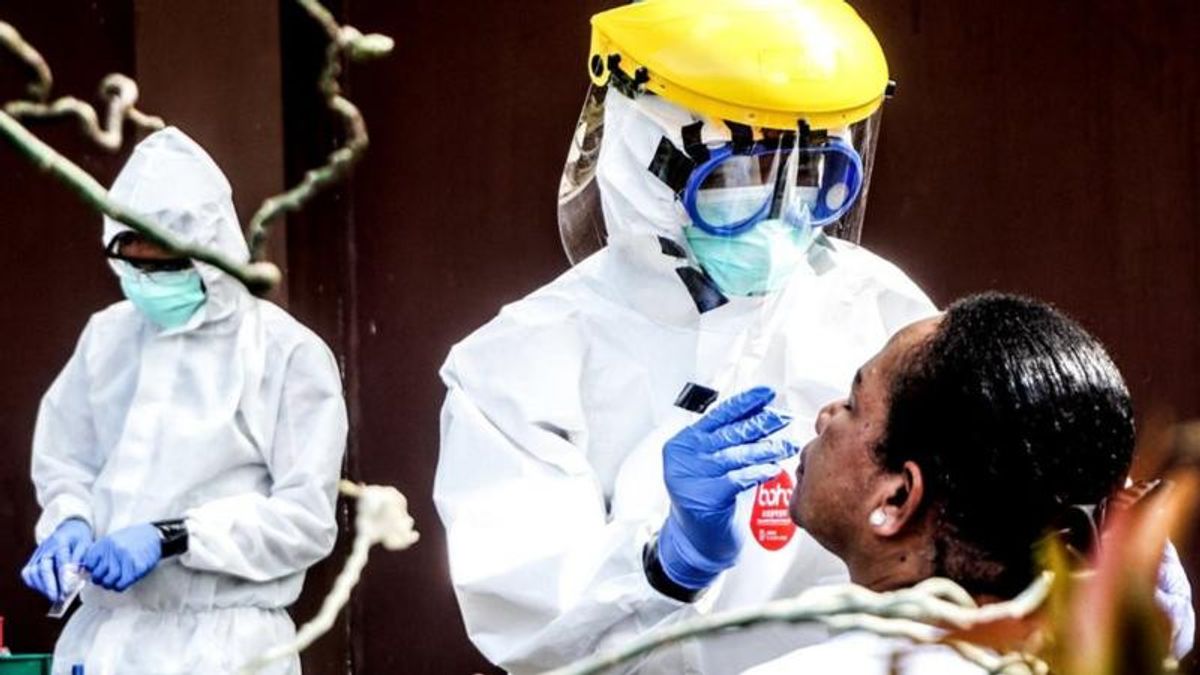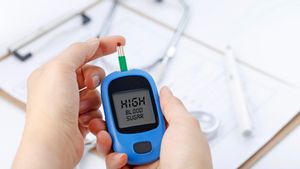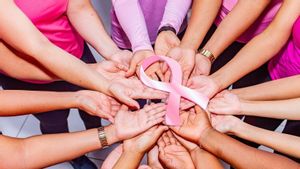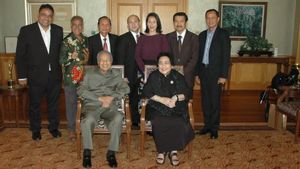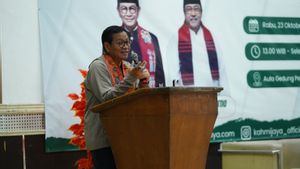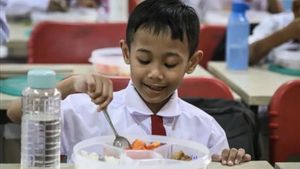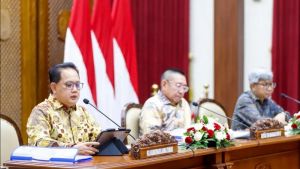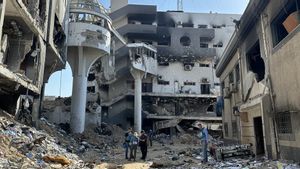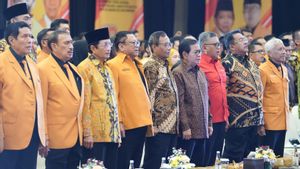JAKARTA - Indonesia is experiencing very fast health reforms ranging from aspects of human resources to technology due to the emergence of the COVID-19 pandemic which has spread evenly throughout the world.
The Chancellor of Yarsi University, Fasli Jalal, said that the tools that used to be imported from abroad could actually be produced domestically independently.
"Many skills used to be vague, it turns out that there are people whose basis is actually just strengthening and they appear to be new experts," said Faisal in a statement quoted by Antara in Jakarta, Sunday.
On March 2, 2020, the first case of COVID-19 was announced in Indonesia. At that time there were two people infected with the Corona virus in Depok, West Java. They are a 64-year-old mother and her 31-year-old daughter.
Faisal explained that the pandemic made all parties aware that the methods that had been carried out at the public health level and services were inadequate.
When the crisis emerged, people were still not ready and excited about how to deal with the transmission of the disease that attacks the respiratory tract.
"We learned a lot from the COVID-19 pandemic and we also learned very quickly," said Faisal.
He further revealed that the coordination of various laboratories in Indonesia has become increasingly established due to the emergence of the pandemic.
Ketika pemeriksaan reaksi chain polymerase atau PCR belum ada di Indonesia, kata Faisal, Rumah Sakit Yarsi adalah salah satu lembaga kesehatan yang menyediakan alat itu di Jakarta.
The PCR examination method is used to detect the Corona virus. In fact, the Yarsi Hospital, which at that time was inaugurated, immediately changed its function to a COVID-19 hospital.
"We are handling more than 200 COVID-19 patients. New hospitals, people looking for hospitals that can, we are moving one hospital to a COID-19 hospital," said Faisal, who once served as Deputy Minister of National Education during the administration of President Susilo Bambang Yudhoyono.
SEE ALSO:
Laboratory networks are also built with developed countries, such as the Netherlands, Australia, and South Korea. Cross-border cooperation in global institutions strengthens laboratory capacity in Indonesia.
Evidence-based practices are increasingly encouraging not only among experts and scientists, but also people who work in non-medical and public fields in general.
Every decision and policy based on data and evidence raises various doubts, so that people do not fight over differences of opinion because it is proven scientifically and on the recommendations of experts.
"We learn a lot and learn very quickly from the pandemic. It can be done!" concluded Faisal.
The English, Chinese, Japanese, Arabic, and French versions are automatically generated by the AI. So there may still be inaccuracies in translating, please always see Indonesian as our main language. (system supported by DigitalSiber.id)
